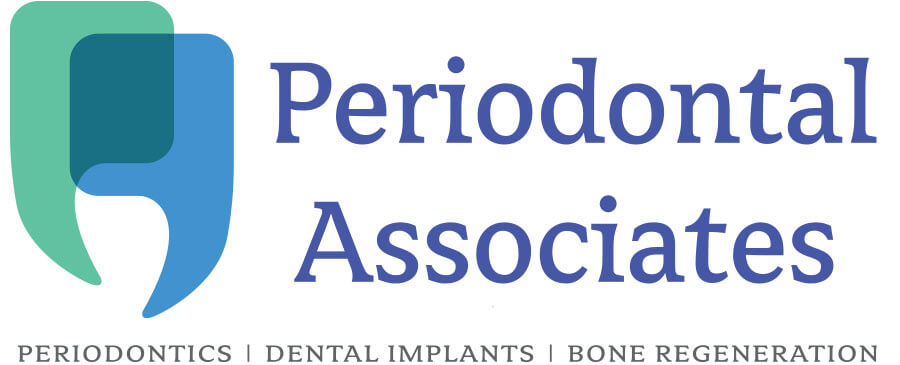
Nurses who care for elderly patients with dementia now have a tailored approach to dental hygiene for these special patients, thanks to a pilot study by a team of nurses. “Poor oral health can lead to pneumonia and cardiovascular disease as well as periodontal disease,” said Rita A. Jablonski. According to Jablonski, assistant professor of nursing, Penn State, persons with dementia resist care when they feel threatened. In general, these patients cannot care for themselves and need help.
Jablonski and her team introduced an oral hygiene approach called Managing Oral Hygiene Using Threat Reduction (MOUTh) specifically for dementia patients. Many of their strategies focus on making the patient feel more comfortable before and while care is provided, the researchers report in the current issue of Special Care in Dentistry. “We have come up with 15 strategies — techniques to help reduce threat perception,” said Jablonski. These strategies include approaching patients at eye level if they are seated, smiling while interacting, pantomiming, and guiding patients to perform their own care by placing a hand over the patient’s hand and leading. People with dementia are often no longer able to distinguish low or non-threatening situations from highly threatening situations. This happens when the parts of the brain that control threat perception — particularly the fight, flight or freeze responses — begin to deteriorate. As a result, patients with dementia often react to something as intimate as a nurse brushing their teeth as a perceived threat.
In the past 30 years the number of nursing-home residents who still have their own teeth has risen significantly. Many of these people need assistance with their dental hygiene, as well as with other hygiene.
Jablonski and her team conducted a pilot study with seven people who had either moderate or severe cases of dementia. The researchers used the MOUTh technique on the subjects for two weeks, recording the state of the patients’ mouths and how the patients reacted throughout the study. At the beginning of the study all seven subjects had poor oral health, as determined by the Oral Health Assessment Tool. Eight categories concerning oral health are scored between zero and two. The lower the score the healthier the mouth. The average score for the subjects at the start of the study was 7.29. By the end of the study the average score was 1.00.
“To my knowledge, we are the only nurses in the country who are looking at ways to improve the mouth care of persons with dementia, especially those who fight and bite during mouth care,” said Jablonski. “Our approach is unique because we frame resistive behavior as a reaction to a perceived threat.”
Source: Science Daily
